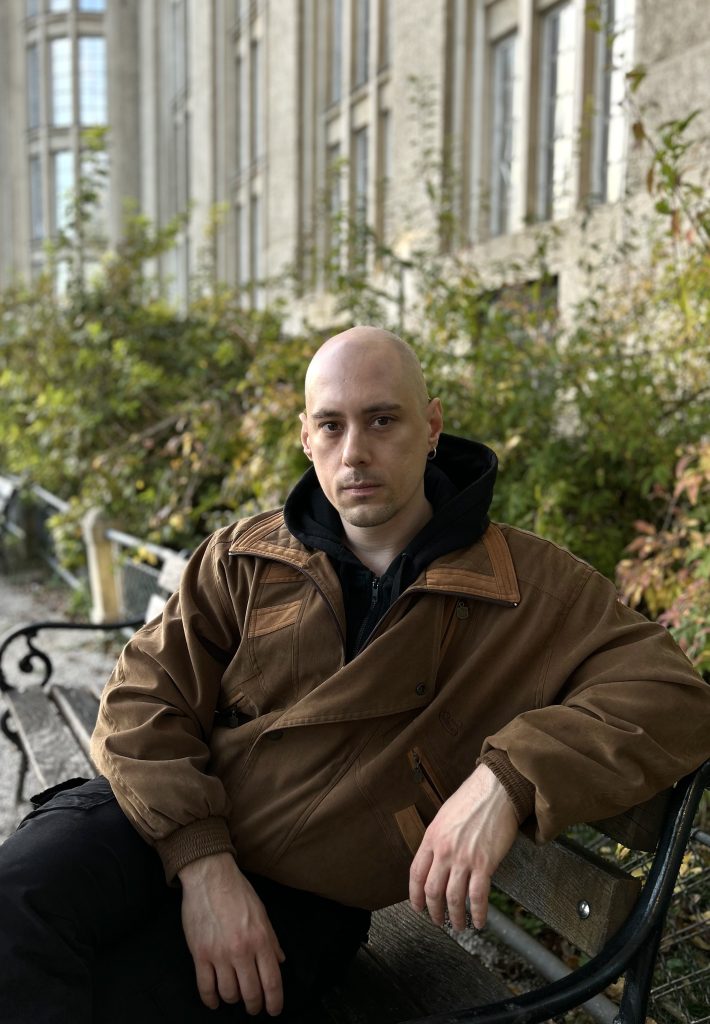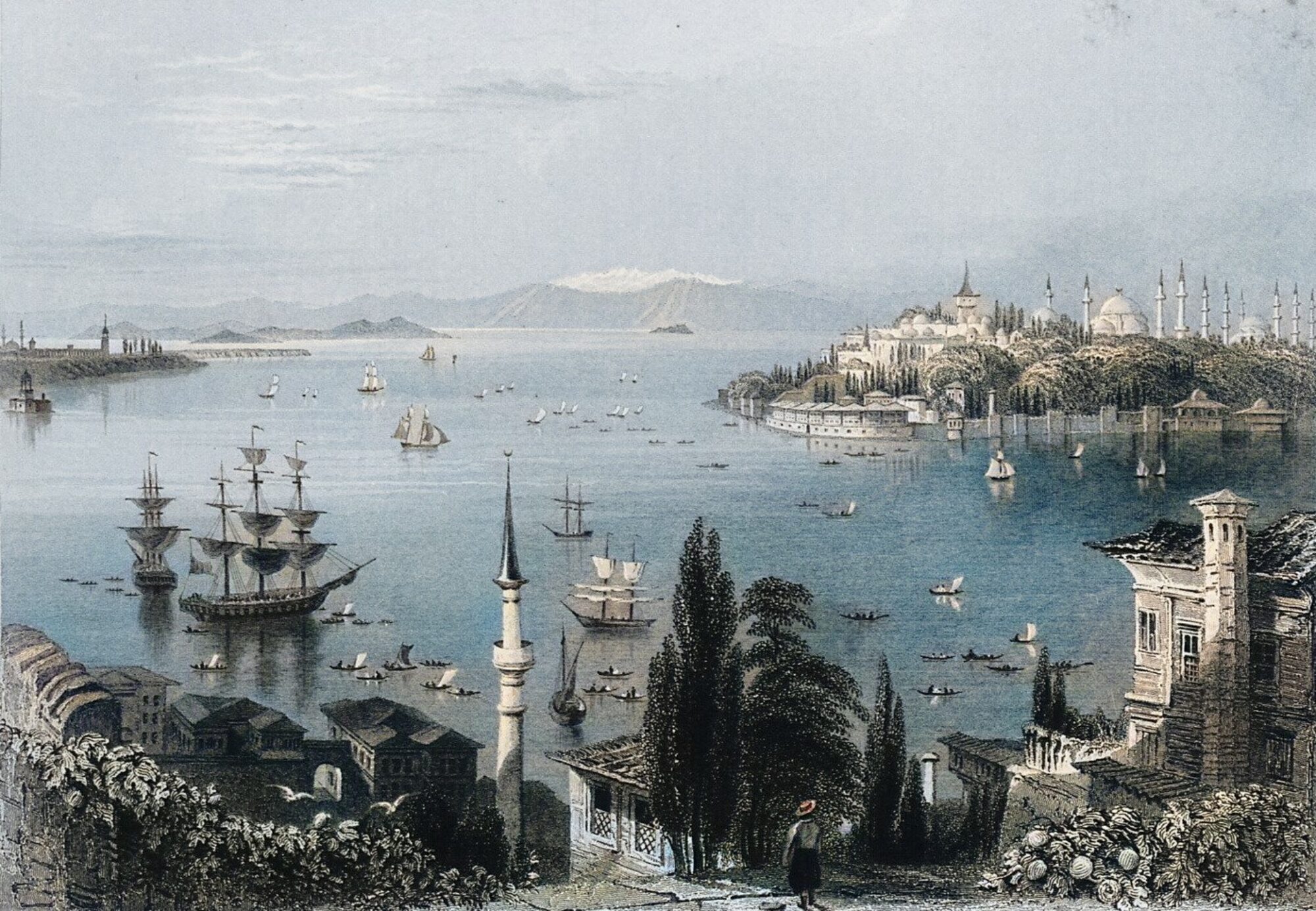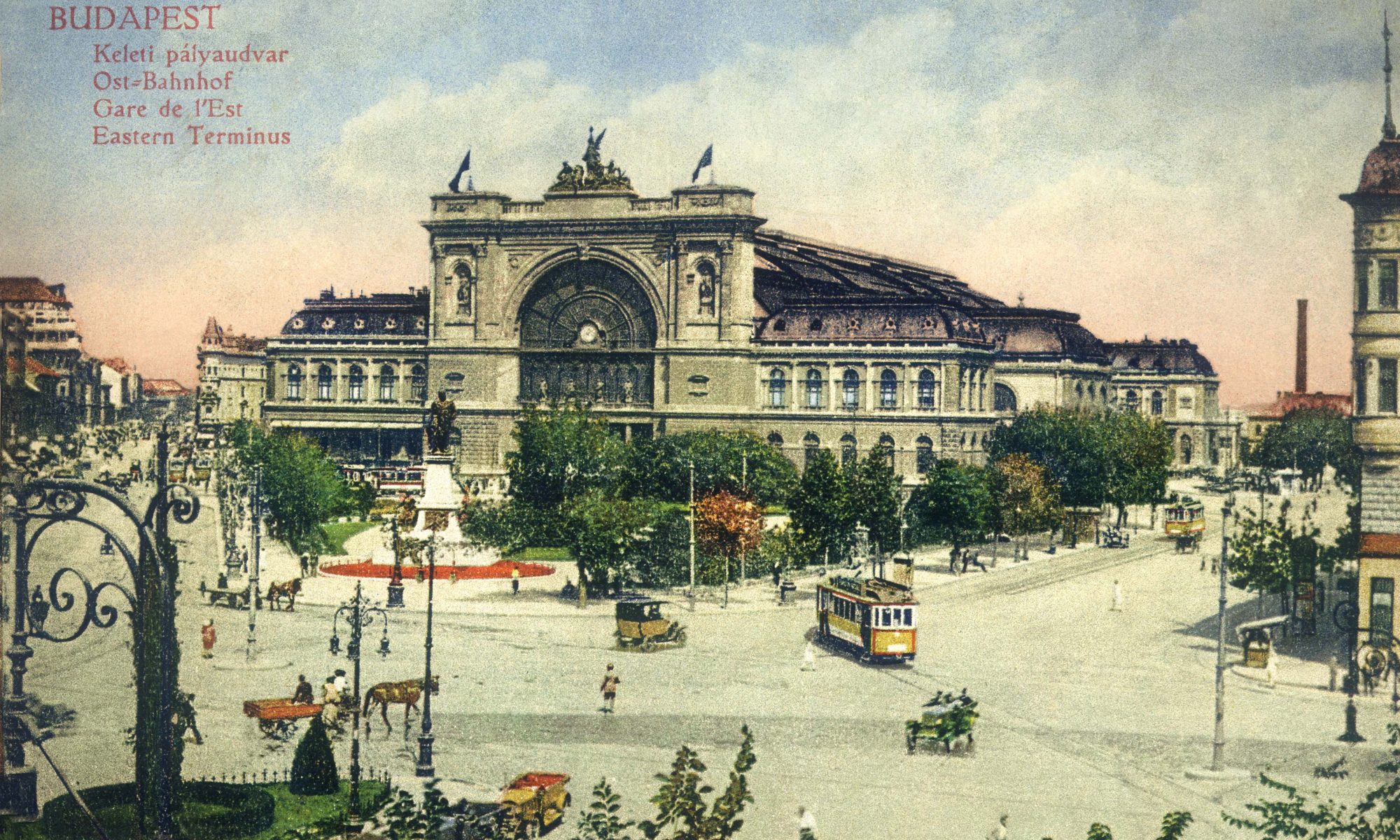
Dr. Slaven Crnić holds a PhD in Comparative Gender Studies from the Central European University (CEU) in Vienna. Before joining “REVENANT”, Slaven was a visiting postdoctoral junior research fellow in the Field of Excellence “Dimensions of Europe”, University of Graz, where he collaborated closely with a group of scholars gathered around the thematic cluster “European Literatures and their Interactions”. Slaven has previously taught at the Department of Gender Studies (CEU) and the Department of Cultural Studies at the Faculty of Humanities and Social Sciences (University of Rijeka). He was also a visiting PhD researcher at the Department of Slavonic Studies, University of Vienna. Outside of academia, Slaven has previously been a lecturer in the educational programs at the Center for Women’s Studies (Zagreb), and Zagreb Pride organization.
As part of “REVENANT”, Slaven’s current research aims to explore the construction, contestation, and revival of (post)imperial places in Yugoslav travel writing. His project focuses on representations of places – such as capitals, ports, and vacation resorts – that once held utmost importance for imperial politics, commerce, and self-image. By examining accounts of Vienna, Budapest, and Istanbul, but also places like Trieste and Opatija in a corpus of scattered texts (from autobiographical notes and memoirs to fully developed travelogues), Slaven’s research interrogates the ways in which a literary collection of places echoes the Yugoslav literati’s broader political and affective reckoning with the lasting legacies of Habsburg and Ottoman Empires. What historically recognizable models were deployed by Yugoslav travel writers to expose certain places as indelibly marked by their lasting imperial power, history and symbolism? How did South Slavic intelligentsia renegotiate their own sense of cultural and national belonging while staying abroad, in places reminiscent of imperial exploitation and rule, particularly across binary oppositions, such as the Balkans and Europe, East and West, imperial center and subjugated margin? And, finally, looking to our own times, how are these semantics of place revisited and rewritten in the wake of the Yugoslav state? How did a new generation of post-Yugoslav writers approach places fraught with their bygone empires at a time when the West and its cities were suddenly recodified into a beacon and model of prosperous capitalism, democracy, and human rights? How did they draw from and reflect on the post-1990s critical discourses that tended to assail this image of the West and reframe it as yet another Empire on the world historical stage? By focusing on the literary representation of the (post-)imperial place as the primary object of study, the research will build a comparative and cross-disciplinary textual topology of the thematizations, contestations and revivals of foregone empires by (post-)Yugoslav voices.


